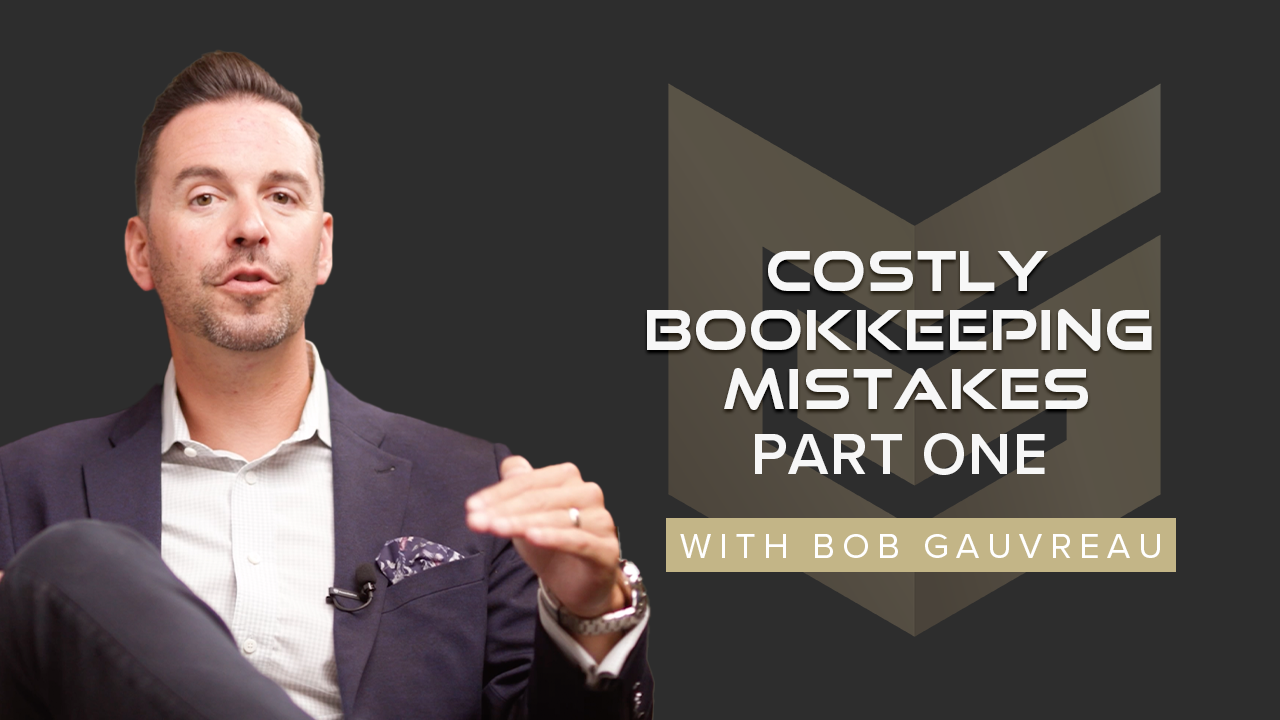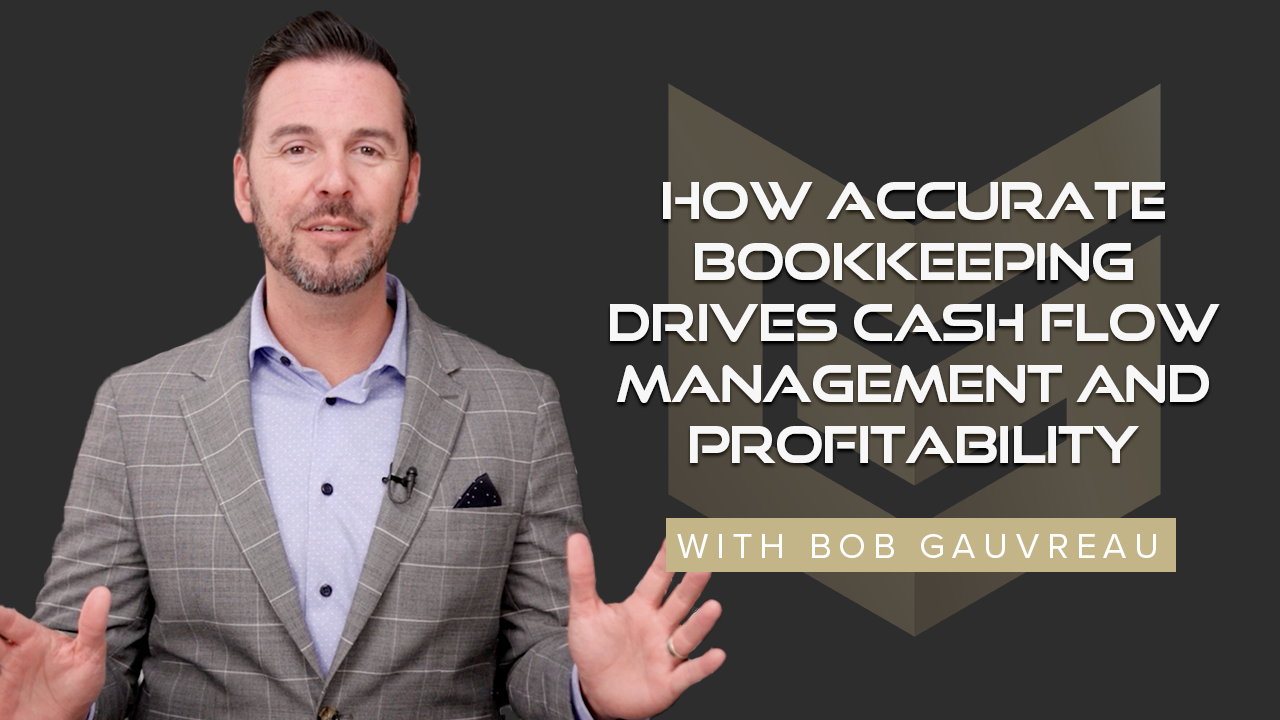Costly Bookkeeping Mistakes Small Business Owners Make and How to Avoid Them: Part One
Proper bookkeeping is essential for the success of any small business, yet many entrepreneurs make costly mistakes that can negatively...
2 min read
 Gauvreau Accounting Tax Law Advisory
May 19, 2023
Gauvreau Accounting Tax Law Advisory
May 19, 2023
Let's talk about the difference between accounting and bookkeeping because there are quite a few differences.
So bookkeeping is the day-to-day managing of the finances inside a business. So bookkeeping would entail recording all the transactions that go through a business, matching up what's going through the bank account to the records inside the accounting software or the platform, and making sure that we're allocating all the expenses to the right categories. But mostly managing the data that goes into what we refer to as a general ledger.
The general ledger is the true picture of every transaction that needs to go through a business, essentially a business as part of its history right from start to finish. In other bookkeeping transactions, again, a lot of data entry is looking at different types of filings sales tax, GST, HST, doing any of the remittances payrolls, making sure that all your employees are getting paid, and remitting their source deductions, their withholdings to the government on their behalf. So bookkeeping is, again, the managing of data input into a general ledger that just pulls together a big picture, making sure as well at a higher level of a bookkeeping function to make sure that everything is getting reconciled.
Reconciling means just doing a double check to make sure that everything that's in there is supposed to be in there and essentially matching it up to make sure nothing is missing or if any extra transactions are in there, why are they in there and making sure they're eliminated? So that's the bookkeeping function.
The accounting side is more of an oversight, higher level side. For me, accounting looks at financial reporting, what sort of reports can we get? We need to be looking at the balance sheet, the statement of income or a profit and loss statement, looking into that and analyzing it and understanding what that information means. So that is looking at the numbers, analyzing them, and providing value from those numbers. when I think of the accounting numbers, I think of the Matrix. You guys remember the Matrix where there's essentially code coming down the screen and nobody knows what it is unless they're living in the Matrix. The accounting side is looking at those reports and making the data make sense, understanding how to interpret it, and understanding what these reports mean because the accounting side is how we use that information to make informed decisions.
In conclusion bookkeeping is data input, accounting, and financial reporting is more of a high-level oversight and using the information to make really good decisions in your business.
If you're ready to take your bookkeeping to the next level and want professional assistance, click the link below to visit our website to get in touch with our team. Whether you need help setting up a bookkeeping system, optimizing your financial processes, or ensuring compliance, our experts are here to provide you with the support you need.

Proper bookkeeping is essential for the success of any small business, yet many entrepreneurs make costly mistakes that can negatively...

If there’s one area where business owners consistently underestimate the impact of good systems, it’s bookkeeping. Many entrepreneurs see it...

One of the most common and costly issues we see in businesses—especially growing ones—is operating without accurate and up-to-date financial...